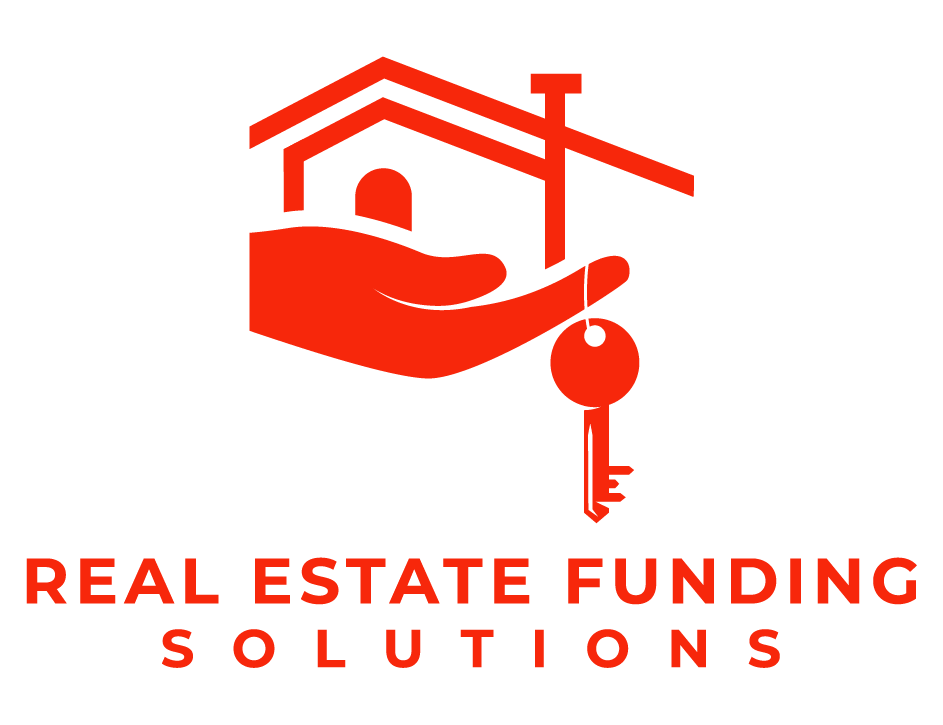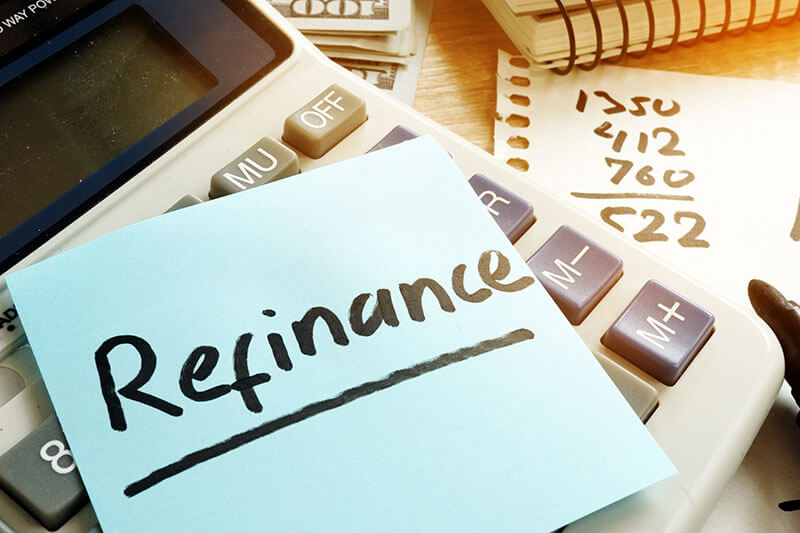Many real estate investors look at refinancing commercial loans as a way to secure better terms on their existing loans. Commercial real estate refinances generally involve new loan terms to pay the existing loan. With that in mind, here is a guide to help you better understand the commercial refinancing process. This article will help you understand why and when it makes sense to refinance commercial loans, along with their eligibility requirements.
Why Should You Consider Refinancing Your Commercial Loan?
Now that you understand commercial refinance, the next critical step is to consider why you may want to refinance a commercial loan. Honestly, there are a lot of advantages to refinancing. Here are a few of the many reasons why:
It Will Help You Avoid Balloon Payments
Commercial real estate loans tend to mature much faster than residential mortgages. While commercial loans still amortize over 25 years, most come due within a few years of making small payments. While an average loan term for a residential mortgage is 30 years, in the case of a commercial real estate loan, your team may only be for five or ten years.
At the end of the term, you usually have to put down a balloon payment for the remaining loan amount. As you may have already guessed, a balloon payment is a significant payment for the remaining loan. However, as a real estate property owner, you can avoid making this payment if you refuse to refinance a commercial loan before your balloon payment comes due.
Taking Out Cash for Improvements
Another reason you may refinance your commercial property loan is to use the equity you’ve built to fund improvements. It is done using a cash-out refinance. As the name suggests, a cash-out refinance allows borrowers to take out more money than they owe on the property.
In such cases, the difference between your borrowed amount and what you owe is provided as funds you can use however you see fit. Several real estate investors use these funds to improve their real estate properties. The idea behind this is when they are done with the improvements, they will be able to charge their tenants higher rent, helping investors increase their profits.
Securing Better Loan Terms or Interest Rates
Lastly, investors may refinance commercial loans to secure more favorable loan terms or a better interest rate. Though commercial real estate financing is subject to higher interest rates than a residential property loan, refinancing when the rates are low may help investors lower their monthly payments and increase their cash flow.
You can also refinance to secure better terms for your loan. Several commercial real estate loans come with an adjustable interest rate. If interest rates rise, a real estate investor may refinance into a fixed-rate option for better stability. Moreover, several commercial real estate loans also come with prepayment penalties, so an investor may wish to refinance into a loan without such penalties.
Eligibility Requirements for Refinancing a Commercial Loan
You must consider the eligibility requirements to refinance a commercial loan. These requirements are generally quite different from what you expect with a traditional mortgage.
NOI (Net Operating Income)
The borrower’s personal credit score and income are the two most significant determining factors when getting approval. However, in the case of commercial property owners, the most important determining factor is the property’s net operating income.
NOI is a measure of the total income generated by the estate minus its operating expenses. For real estate lenders, a sound NOI proves that the investor has enough cash to cover the loan payments. Usually, the higher NOI you have, the better terms you will receive.
DSCR (Debt Service Coverage Ratio)
Another ordinary equation real estate lenders look at when approving your loan is your DSCR. This equation tells a lender if the company can afford to take any more debt. All you need to calculate your debt service coverage ratio is to take your company’s annual NOI and divide it by its annual debt payments.
Business Credit Score
Finally, before a commercial real estate lender agrees to refinance commercial loans, they will evaluate your business credit score. The higher your business credit score, the better loan terms you can obtain. However, if you’re personally guaranteeing your loan, you might also have to let the lender pull your personal credit score for review.
The first step towards refinancing a commercial loan is to find the right lender. If you have difficulty finding the right lender or have questions about refinancing a commercial real estate loan, feel free to contact Real Estate Funding Solutions!
Real Estate Funding Solutions Can Help Answer All Your Questions.
The Real Estate Funding Solutions team has years of experience helping investors refinance their commercial loans. We know everything you need to refinance your commercial property loan and can help you find the right lender in no time. With our help and professional guidance, you can quickly start making more profit on your commercial property. Call us at 855-913-8637 for more information.



